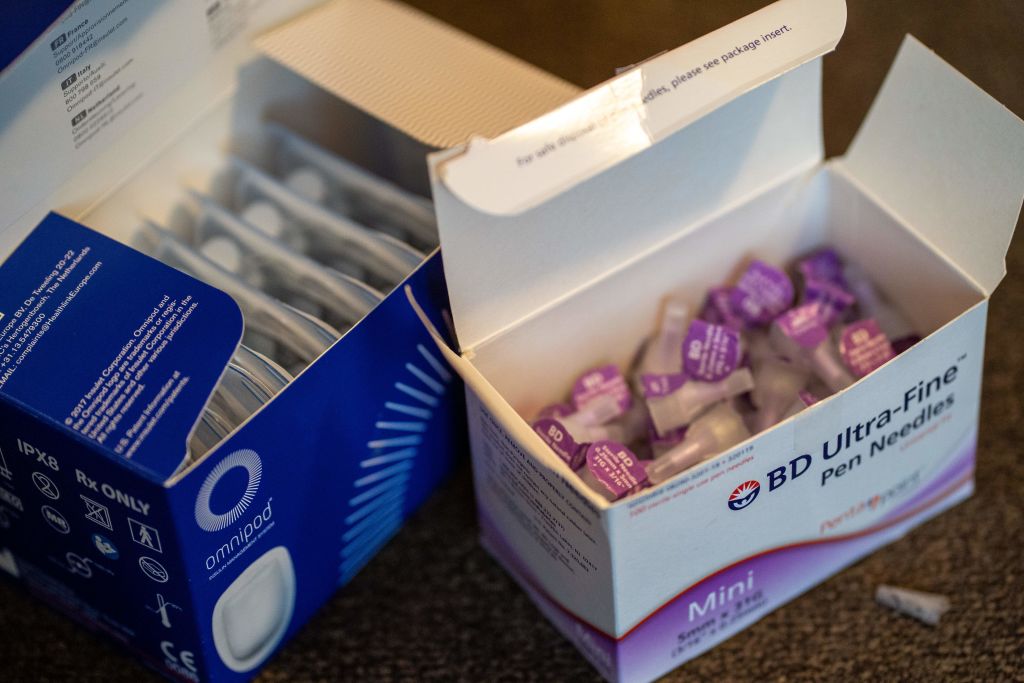
Becton Dickinson, a company that was among the first to sell glass syringes and then grew to become a global leader in insulin delivery products, is spinning off diabetes care into a separate business, a move it says will better position each entity to grow.

The Power of One: Redefining Healthcare with an AI-Driven Unified Platform
In a landscape where complexity has long been the norm, the power of one lies not just in unification, but in intelligence and automation.
The new, yet-to-be-named diabetes company will have corporate offices in New Jersey and Massachusetts. It will be led by Dev Kurdikar, who is currently worldwide president of BD Diabetes Care. He’ll oversee a business that makes about 8 billion devices a year serving an estimated 30 million patients worldwide, according to an investor presentation. The diabetes business generates nearly $1.1 billion in annual sales, more than half of which is from the U.S. When the spinoff is complete, the new company will be publicly traded.
As currently structured, Franklin Lakes, New Jersey-based BD divides its operations into three business segments: BD Medical, BD Life Sciences, and BD Interventional. The largest of the three is the medical segment, which generated about $8.7 billion in revenue in fiscal 2020.
Diabetes care, which includes syringes, pen needles, and products for injecting insulin and other drugs, is part of the medical segment. Sales for diabetes care have held steady at around the $1 billion mark for the past three fiscal years, according to BD’s 2020 annual report.
The life sciences segment, which covers diagnostic products including Covid-19 tests, accounted for $4.7 billion in revenue in the 2020 fiscal year. The interventional segment, which includes surgical products, generated $3.7 billion in revenue. Much of what comprises the interventional segment came to BD via its $24 billion acquisition of C.R. Bard in 2017.
While the new company will hone its focus on diabetes products, the remaining company is pursuing the “BD 2025” growth strategy, which includes R&D investment and tuck-in acquisitions, the investor presentation shows. Those moves are being made in three areas core areas. The first is the application of smart devices, robotics, analytics and artificial intelligence to healthcare processes. Next are technologies for care settings, such as products that control drug storage and prescription filling, as well Covid-19 diagnostic testing in the home. Last are products that improve diagnosis or treatment of chronic diseases.
In a prepared statement, Tom Polen, BD’s CEO and president, said that the spinoff of diabetes care is part of the company’s active portfolio management and fits within the BD 2025 strategy.
“The spinoff will allow BD to strengthen its growth profile, enables a greater investment focus on our other core businesses and high-growth opportunities, and makes a greater impact for our customers and patients,” he said.
The spinoff will happen as a distribution of stock in the new company to BD shareholders. BD said it expects this transaction will be tax free for U.S. shareholders. The deal is expected to be completed in the first half of 2022.
Photo: Kerem Yucel/AFP, via Getty Images








